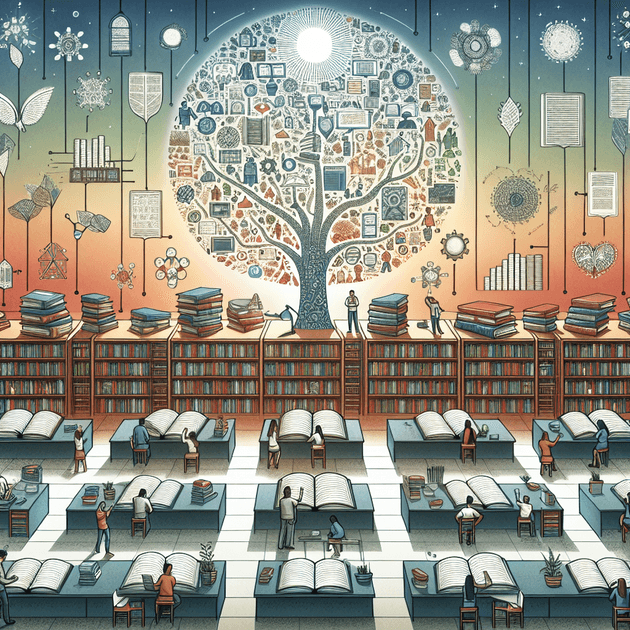During my university enrollment, I faced the dilemma of choosing between academic and practical studies. As a teenager, I believed that a university should serve as an educational institution rather than a vocational training center. This somewhat idealistic viewpoint led me to avoid practical majors like accounting.
However, while I was interested in subjects like philosophy and history, I concluded that self-study during my free time would be more cost-effective than earning a degree in those areas. Consequently, I chose chemistry as my major, believing that the hands-on lab experiences justified the tuition costs.
As I matured, my career took an unexpected turn. Though my first job in a kitchen utensil testing laboratory was related to my studies, I found it uninspiring and limited in terms of career growth. Eventually, I pivoted to a career in information technology, teaching myself programming skills to survive in this challenging new field. I've learned a lot, from basic data structures to complex cloud architectures, but I've also come to appreciate how much I still have to learn.
Imposter syndrome is common in the tech industry, and I'm no exception. Working as a consultant requires rapidly acquiring new skills and appearing expert, even when I don't feel like one. I've had to adapt quickly to keep up with the rapidly evolving tech landscape.
Looking back, I realize that my academic focus didn't prepare me well for lifelong learning. Instead of merely transmitting knowledge, schools should teach students how to learn. This skill would not only have made my academic journey easier but would also have equipped me for self-directed learning post-graduation.
Interestingly, I've found that my theoretical knowledge, such as understanding second-order differential equations, hasn't been particularly useful in my day-to-day work. What provides a competitive edge today is quality thinking—new ideas, problem-solving techniques, and insights that tie everything together. To excel, I need to diversify my learning focus from purely academic to skill-based, following the example of the greatest minds in the field.
One of the best things I can do for my cognitive health is to continue learning. By embracing ongoing education, I can continue to develop my cognitive capabilities, even as I age. Setting challenges in my learning journey stimulates my brain, fostering flexibility and adaptability.
Exercise also enhances cognitive function, particularly in areas related to memory and learning. Hence, incorporating physical activity into my routine is beneficial for my brain's overall health.
To maximize the benefits of continuous learning, it's crucial to cultivate a culture that permits failure as a learning opportunity. Being curious should be encouraged, not frowned upon. After all, humans are social creatures who learn most effectively from and with others.
Additionally, practice is essential to perfecting any skill, including the ability to learn. Continual learning improves not just domain-specific knowledge but also enhances my overall ability to acquire new skills. Learning how to learn is, in itself, an invaluable skill.
Remaining in my comfort zone may offer temporary security, but it won't prepare me for the uncertainties of the future. Embracing learning agility allows me to adapt to new circumstances and let go of outdated ideas or techniques. Being open to new experiences and systematically reflecting on them is the way forward.
In conclusion, developing a learning culture involves adapting to change. In today's fast-paced world, recognizing that change is inevitable and advantageous is crucial for long-term success. We should see change not as a threat, but as a continuous opportunity for growth.
